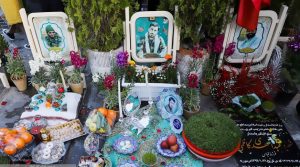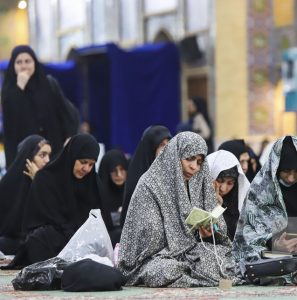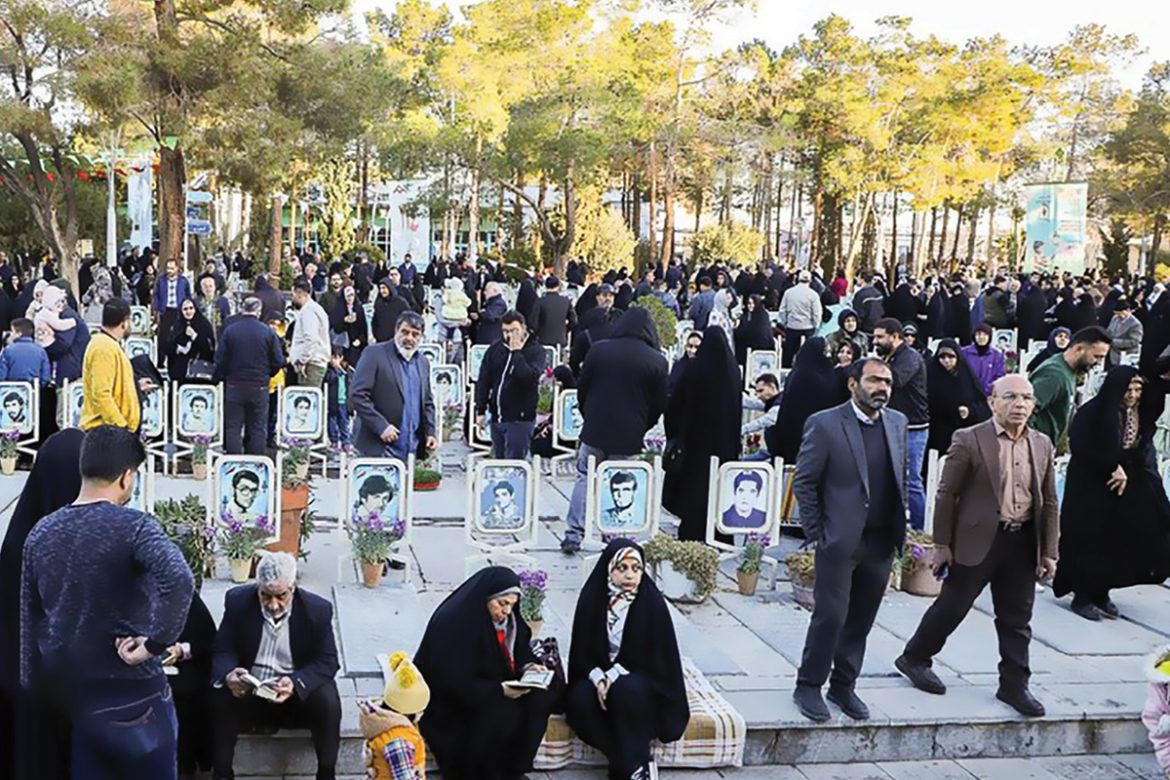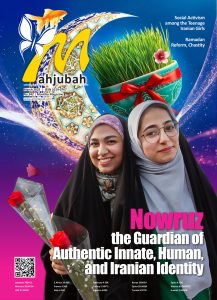Contemplating the blessed verse, ‘وَمَا خَلَقْتُ الْجِنَّ وَالْإِنْسَ إِلَّا لِيَعْبُدُونِ’ (I did not create the jinn and humans except to worship Me), which points to the ultimate purpose of creation, can serve as a profound motivation to pursue the paths of worship and gain a deeper understanding of religious teachings. Through reflection and reasoning on this path, one can take a step, even if small, toward achieving ultimate perfection, i.e., true servitude to God Almighty.
Among the recommended acts of worship emphasized in the verses of the Qur’an and narrations is fasting. The blessed month of Ramadan is the month in which fasting has been made obligatory. The obligation of fasting during the days of Ramadan is explicitly stated in verse 185 of Surah Al-Baqarah. In the words of the Holy Qur’an, ‘شَهْرُ رَمَضَانَ الَّذِي أُنْزِلَ فِيهِ الْقُرْآنُ هُدًى لِلنَّاسِ وَبَيِّنَاتٍ مِنَ الْهُدَىٰ وَالْفُرْقَانِ ۚ فَمَنْ شَهِدَ مِنْكُمُ الشَّهْرَ فَلْيَصُمْهُ’ (The month of Ramadan is one in which the Quran was sent down as guidance to mankind, with manifest proofs of guidance and the Criterion. So let those of you who witness it fast in it).
In the coming days, the spring of worship and devotion coincides with the spring of nature. Reflecting on the beauty and renewal of nature brings greater softness to the soul and prepares it for greater worship and devotion. The servitude of God, the Creator and Giver of Life, as mentioned in narrations, is likened to the revival of inanimate nature in spring. Similarly, on the Day of Judgment, God will resurrect humanity, allowing them to experience the true reward of their devotion and servitude in their ultimate existence.
The holy month of Ramadan offers a tremendous opportunity for every believer to advance on the path of worship and devotion to Allah by fulfilling both obligatory and recommended acts of worship. It is the month in which the Holy Qur’an was revealed, and when every fasting soul is in a state of worship, whether asleep or awake. In this month, the reward for reciting a single verse of the Holy Qur’an is equivalent to reciting the entire Qur’an, and its nights of power (Laylat al-Qadr) are better than a thousand months of worship. It is the month whose dawn prayers illuminate the soul and elevate the human spirit.

What distinguishes this year’s holy month of Ramadan from previous years is that it coincides with the arrival of spring, and just as nature is revived during this season, the customs and rituals of Ramadan; fasting during the day, sitting on prayer rugs at night, reciting prayers, and shedding tears at dawn while reflecting on the words of Imam Sajjad’s (AS) supplication, such as the Du’a of Abu Hamza al-Thumali, can cleanse the hearts and minds of believers from moral vices and replace them with virtuous humane qualities.
The holy month of Ramadan is indeed a time of profound spiritual significance and reflection for Muslims around the world. It is a month of fasting, prayer, and devotion, during which many important events in Islamic history are commemorated. These events include the birth of Imam Hasan (AS), the eldest son of Imam Ali (AS) and Hazrat Fatima (AS) on the 15th of Ramadan; the demise of Hazrat Khadija (SA), the beloved wife of the Prophet Muhammad (PBUH) and a steadfast supporter of Islam; and the martyrdom of Imam Ali (AS), the Commander of the faithful, on Laylat al-Qadr (Nights of Power).
The last ten nights of Ramadan include Laylat al-Qadr, or the Night of Power, which is considered the holiest night of the year. According to the verses of the Holy Qur’an, this night is better than a thousand months. It is the night when angels and the Holy Spirit descend by the permission of their Lord, a time when the heavens and the earth draw closer together, and the inhabitants of the heavens descend to the earth. These are the nights in which worship, Tahajjud (keeping vigil), and staying awake in devotion are equivalent to the worship of an entire lifetime.

These events serve as reminders of the sacrifices, virtues, and teachings of the Ahl al-Bayt (the family of the Prophet). During Ramadan, Muslims strive to deepen their connection with Allah, seek forgiveness, and reflect on the lessons of these sacred moments.
The Holy Prophet of Islam, Hazrat Muhammad (PBUH), delivered a sermon to the people in the final days of the holy month of Shaban, saying:
“Ask your Lord with sincere intentions and pure hearts, free from sins and wrongdoings, to grant you the success of fasting sincerely. In this great month, remember the hunger and thirst of the Day of Judgment. Give charity to the poor and needy, honor your elders, show mercy to your children, be kind to your relatives, and treat the orphans of others with compassion so that they may show kindness to your orphans after you. Whoever among you provides Iftar to a fasting believer in this month will receive from Allah the reward of freeing a slave and the forgiveness of his past sins. Indeed, Allah grants this reward to the one who facilitates the breaking of the fast, even if it is with half a date or a sip of water.
 O people, whoever improves his character in this month will walk on an easy path on the Day when steps will falter. Whoever lightens the workload and service of his employees and workers, God will make his reckoning easy on the Day of Judgment. Whoever restrains his evil from others, God Almighty will withhold His wrath from him on the Day of Judgment. Whoever honors an orphan in this month, God will honor him on the Day of Judgment. Whoever maintains ties of kinship with his relatives in this month, God will connect him to His mercy on the Day of Judgment. And whoever severs his kindness to his relatives in this month, God will cut off His mercy from him on the Day of Judgment.”
O people, whoever improves his character in this month will walk on an easy path on the Day when steps will falter. Whoever lightens the workload and service of his employees and workers, God will make his reckoning easy on the Day of Judgment. Whoever restrains his evil from others, God Almighty will withhold His wrath from him on the Day of Judgment. Whoever honors an orphan in this month, God will honor him on the Day of Judgment. Whoever maintains ties of kinship with his relatives in this month, God will connect him to His mercy on the Day of Judgment. And whoever severs his kindness to his relatives in this month, God will cut off His mercy from him on the Day of Judgment.”

Imam Sadiq (AS) has also been quoted regarding the ethics of fasting, saying:
“Fasting is not merely abstaining from eating and drinking. Rather, the fasting person must keep their ears, eyes, heart, skin, and all parts of their body free from forbidden acts and even from what is considered abominable.
Prevent your tongues from lying, your eyes from gazing at what is forbidden, and avoid quarreling with one another. Do not envy, backbite, swear falsely, curse, oppress, act foolishly, or succumb to sadness. Do not neglect the remembrance of God and prayer, and remain silent about what should not be said. Be patient, uphold truthfulness, and distance yourself from evil individuals. Refrain from slander, lying, hostility, suspicion, and gossip. Consider yourselves destined for the Hereafter, and eagerly await the reappearance of the Qa’im of the Household of Prophet Muhammad (Imam Mahdi). Long for the rewards of the Hereafter and prepare righteous deeds as provisions for your journey to the Hereafter. May your hearts be at peace, your bodies serene, your souls humble, and your hearts softened, like a servant who fears his master. Fear the punishment of the Hereafter and strive to earn God’s mercy and forgiveness.
O fasting person, your heart must be free from defects, your inner self from deceit and dishonesty, and your body from impurities. During fasting, purify yourself for the sake of God and cleanse your heart from the love of anything other than Him.
By: Narges Yavaran





